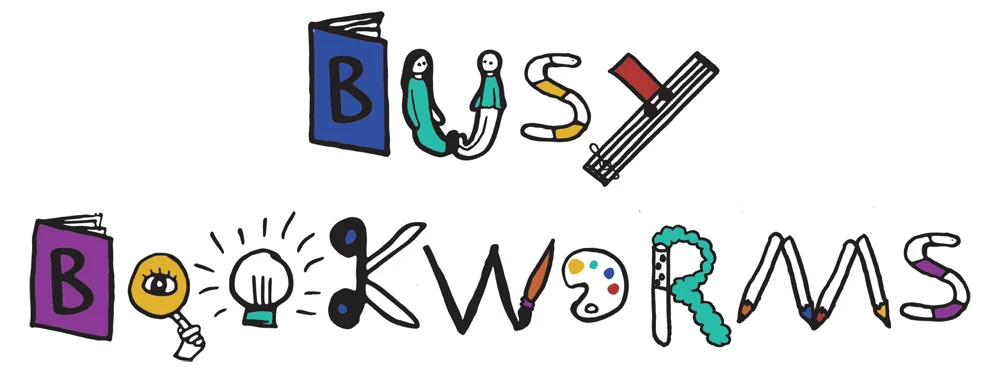My nine-year-old son asked me recently, “Mum, what do you hate more – unhealthy food or the iPad?”
His question had me stumped, not only because I genuinely didn’t know the answer, but because he had recognised that these two topics are definitely my biggest daily battles.
After some consideration, I came to a conclusion – the iPad.
Unhealthy food, I can keep out of the house. I can keep track of it easily and provide delicious alternatives that still make the family happy while keeping them healthy.
The iPad, on the other hand, has been a constant presence in our lives since my son was required to purchase one for school. What’s worse is that at the end of his allocated 15 minutes of screen time, the iPad has often transformed my bright, funny, happy son into a kicking, screaming, miserable monster, out of whose hands I need to physically prise the tablet in order to put it out of reach...until we go through it all again the following day.
What The Research Says
With cries of “But the iPad is the most important thing in my life!” ringing in my ears, I decided to do some research. By arming myself with the facts, I could hopefully convince him that while tablet technology definitely has benefits, there are good reasons why I limit access to his beloved iPad.
As I feared, the results were alarming.
Research is showing that kids who spend too much time with screens instead of books are having trouble developing cognitive abilities, friendships and empathy.
While some people argue that complaining about tablet devices is no different to our own parents whinging about the ‘idiot box’, previous generations didn’t have to contend with a hyper-connected, hyper-mobile handheld device running 24/7/365. With today's teenagers already glued to their devices, how does this bode for the teenagers of tomorrow - our own little ones?
I began to realise that much of my work around Busy Bookworms is a relevant countermeasure to the unavoidable screen-based activities that young children find so engaging. As parents, we need to find some fresh ideas to get kids doing more with their time than just scrolling and tapping. When you enter the world of literature, you’re entering the world of imagination – and this, research shows, is exactly what kids miss out on when they’re glued to a screen.
According to Psychology Today, “tablets are the ultimate shortcut tools: Unlike a mother reading a story to a child, for example, a smartphone-told story spoon-feeds images, words, and pictures all at once to a young reader. Rather than having to take the time to process a mother’s voice into words, visualize complete pictures and exert a mental effort to follow a story line, kids who follow stories on their smartphones get lazy. The device does the thinking for them, and as a result, their own cognitive muscles remain weak.”
What's The Alternative?
My approach is to actively engage with picture books, encouraging kids to ask questions and make predictions. That allows us to make connections between what happens in books and what happens in our own lives, leading to a richer experience of daily life. These discussions often result in the kids finding things that they have in common, and together with the sharing, game-playing and turn-taking they participate in, this leads to great new friendships. Just the other week in our Pirate class, for example,
- We questioned and wondered aloud what the hero would find when he reached X on the treasure map in the picture book The Treasure of Pirate Frank.
- The kids took part in an obstacle course to find their own treasure. They balanced, climbed and jumped, all while cheering each other on and reminding each other whose turn it was.
- We sat at the table together while making our treasure chest crafts, interacting in ways that cannot be replicated with a screen – reading facial expressions, tone of voice and body language – all crucial to developing meaningful relationships.
- We manipulated real materials – jewels, glue, cardboard, oil pastels, game pieces – and worked on developing both gross and fine motor skills.
Encourage Your Kids To Engage With The World
Much like feeding our children healthy food, the above activities inform a healthy alternative to the classic image of a child hunched uncomfortably over a tablet, oblivious to the world around them. This is crucial to ensure that happy kids don't turn into miserable teens. According to statistics cited in the Economist, teenagers are increasingly suffering from anxiety and depression and more likely to feel that "the future often seems hopeless" when they're over-exposed to new media. By contrast, using fantastic books to actively engage with the world on front of them means that children tend to feel naturally stimulated while using their imaginations. In the long run, that makes them happier.
The screen time battle is one that we all face today – asking how we can reap the benefits that technology has to offer while avoiding the dangers discussed above. Putting a limit on screen time and carefully monitoring what our children are doing on their tablets is a start, but I believe we need to start educating ourselves about the bigger picture. Yes, it may make life more difficult in the short-term – daily arguments with irrational pre-schoolers are no fun. In the long term, however, our children will thank us for it.
What's your approach to screen time? I'd love to hear what you think - leave a comment below.




